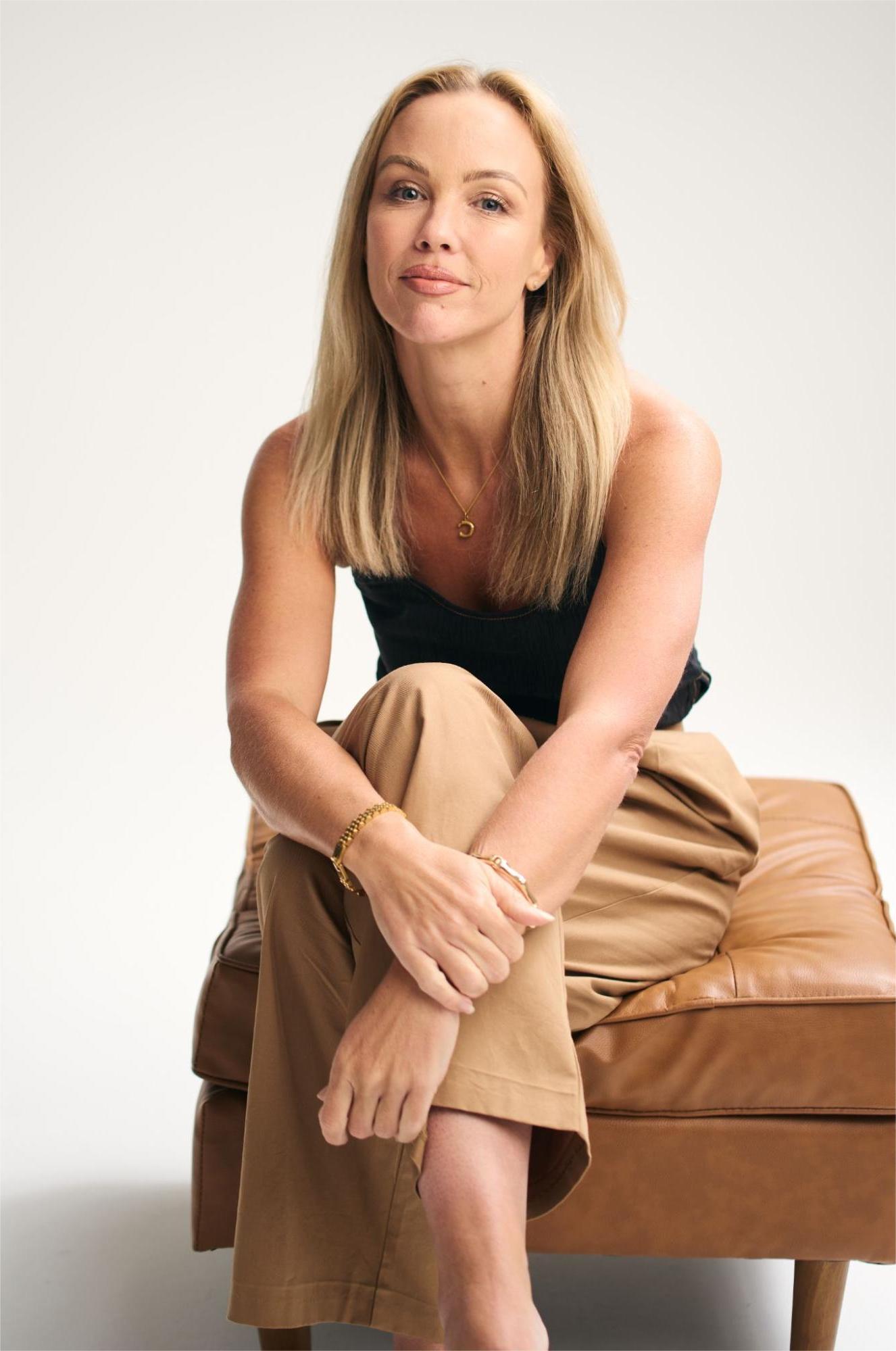How do you organize the event as a team?
Jonny: "We organise UMBRAAD as a global team of highly skilled volunteers from the Umbraco Accessibility Guild. We leverage our diverse expertise and the tools provided by Umbraco HQ. Our team brings a wide range of talents, including organisation, planning, marketing, and subject matter expertise, but most importantly, a shared enthusiasm and a drive to get things done.
Because we're scattered across the globe, all our planning and collaboration happen virtually, primarily through Zoom meetings and Miro boards. The guild meets monthly, and as the event nears, we ramp up our meetings to divide tasks and collaborate closely.
Each of us volunteers for specific roles, from marketing and copywriting to project planning, website creation, and designing the fireside chats. We also handle the technical side, like managing Sessionize, thoroughly testing the event technology, and making sure our speakers are comfortable with it. This meticulous, behind-the-scenes effort is what makes everything look effortless on the day.
On the day of the event, our facilitators, chat moderators, and all other team members have clear timings and responsibilities. This ensures we can get out of the speakers' way and let them shine, as they're the main attraction. It's important to remember that everyone involved in organising UMBRAAD contributes their time and skills voluntarily, balancing these efforts with their full-time jobs."











